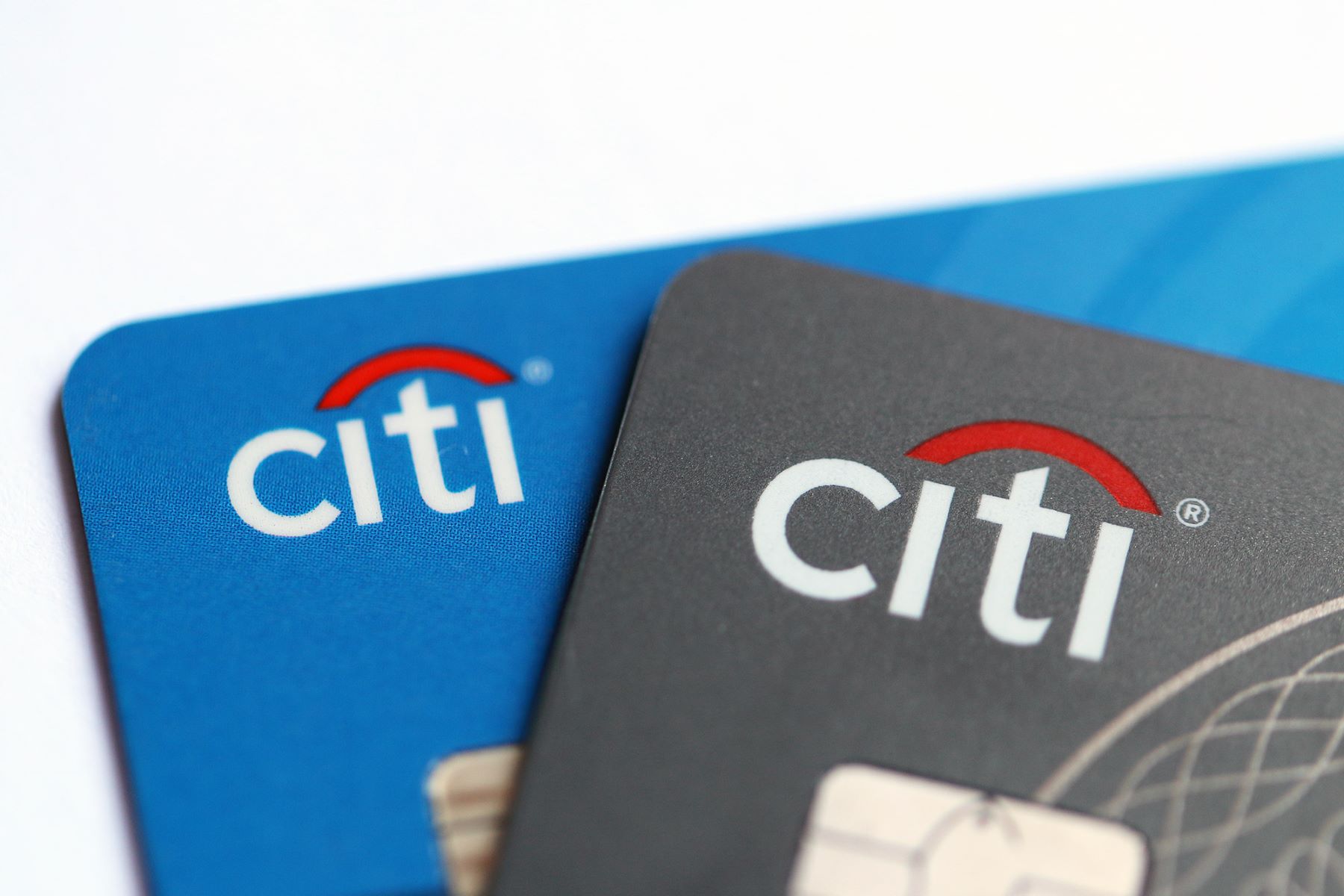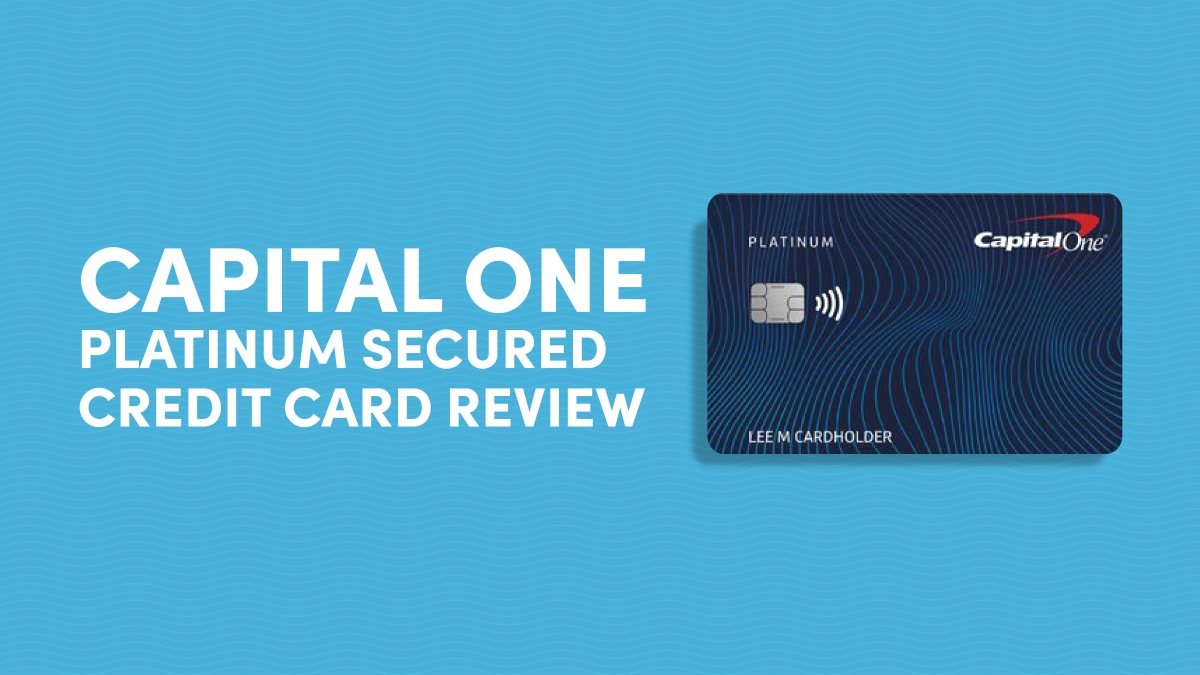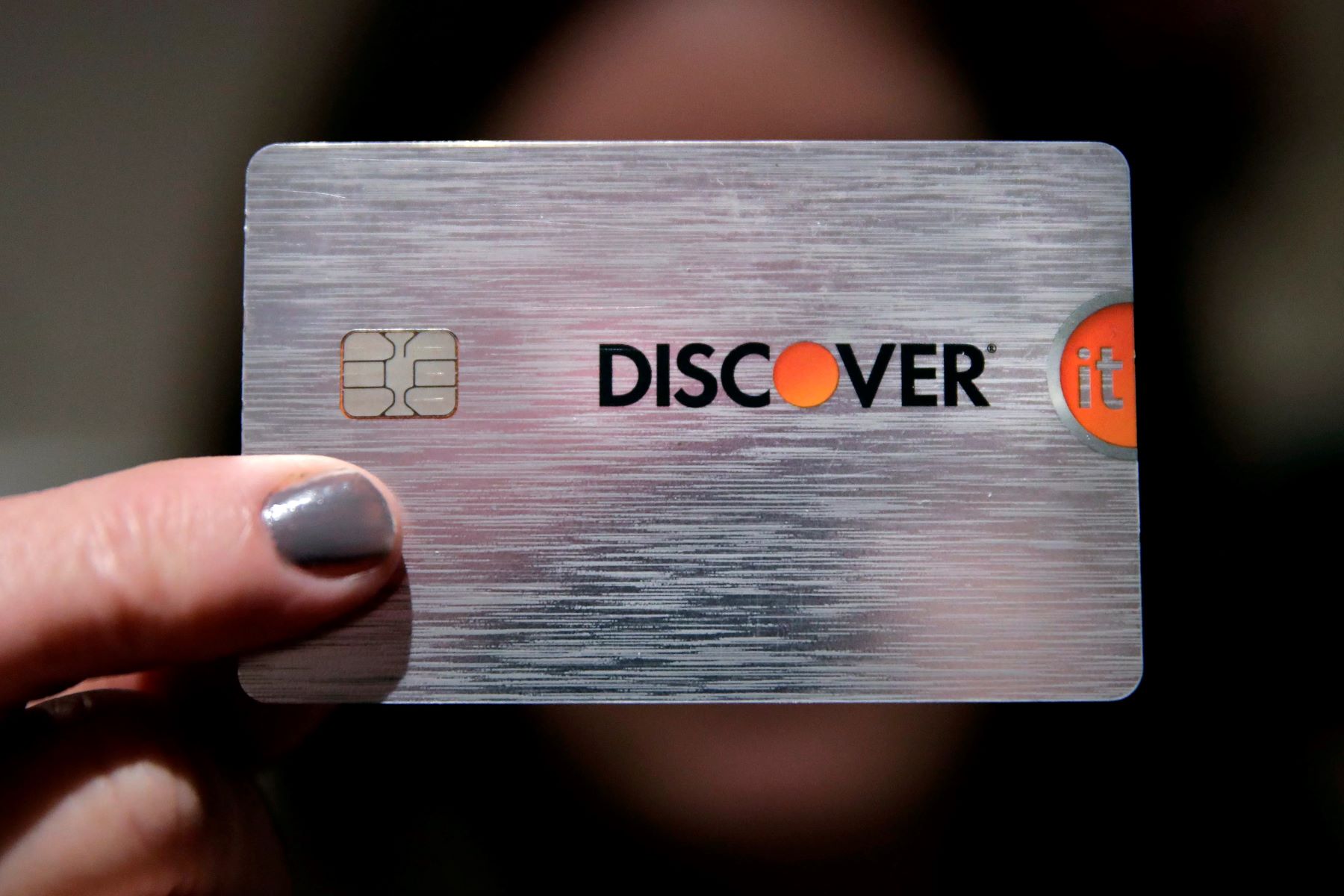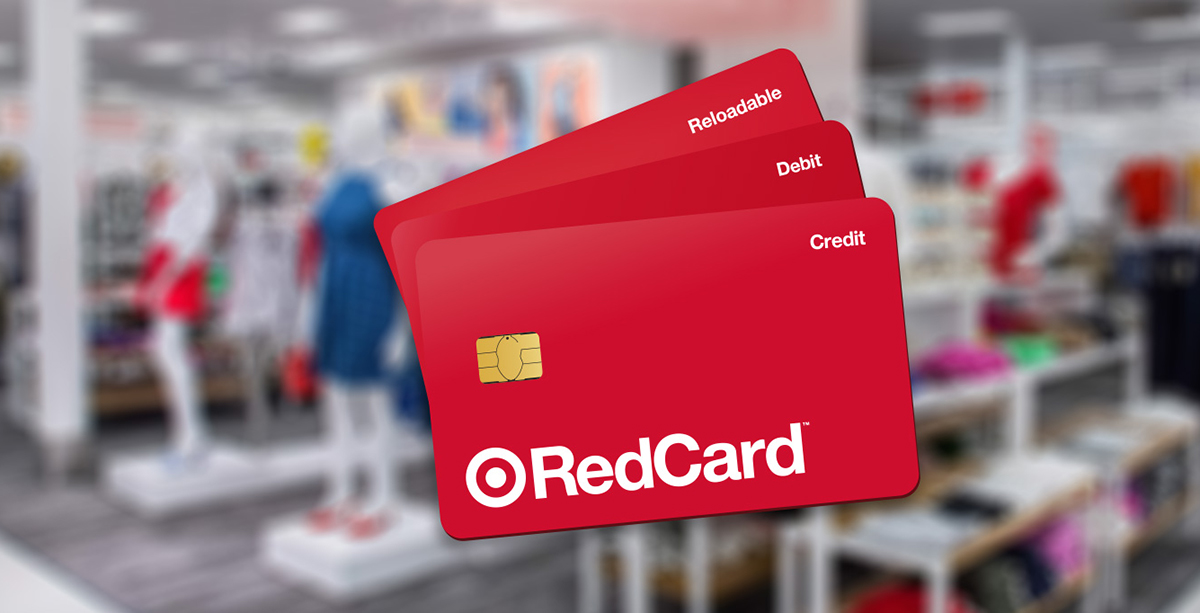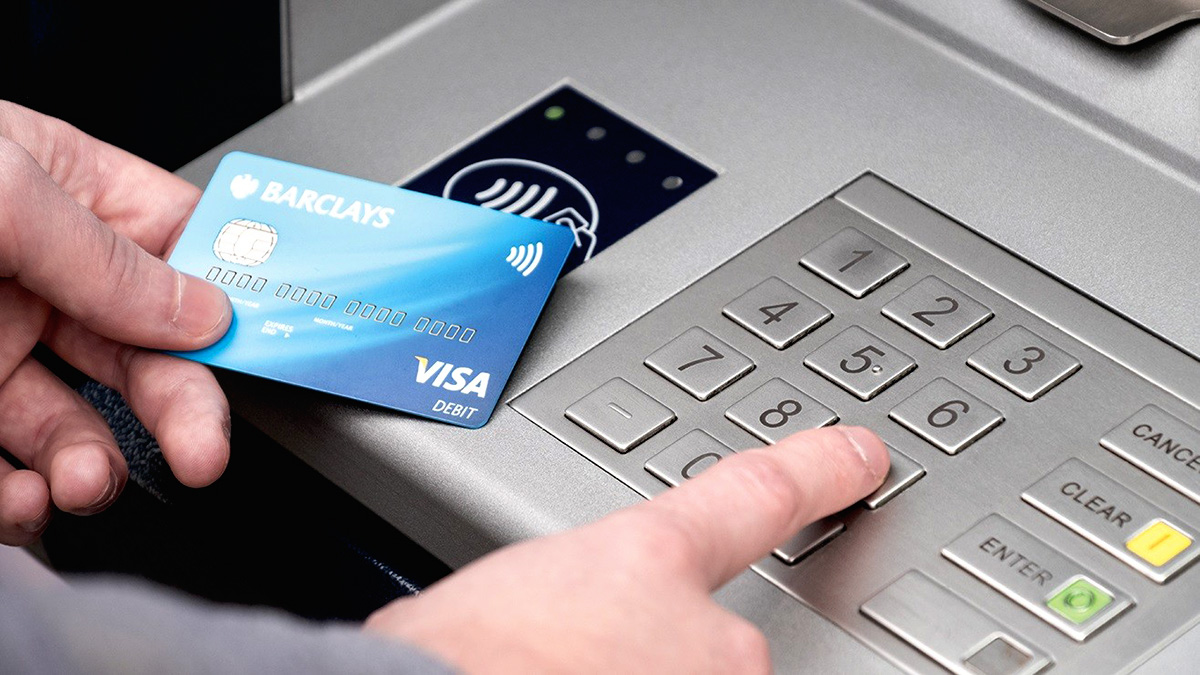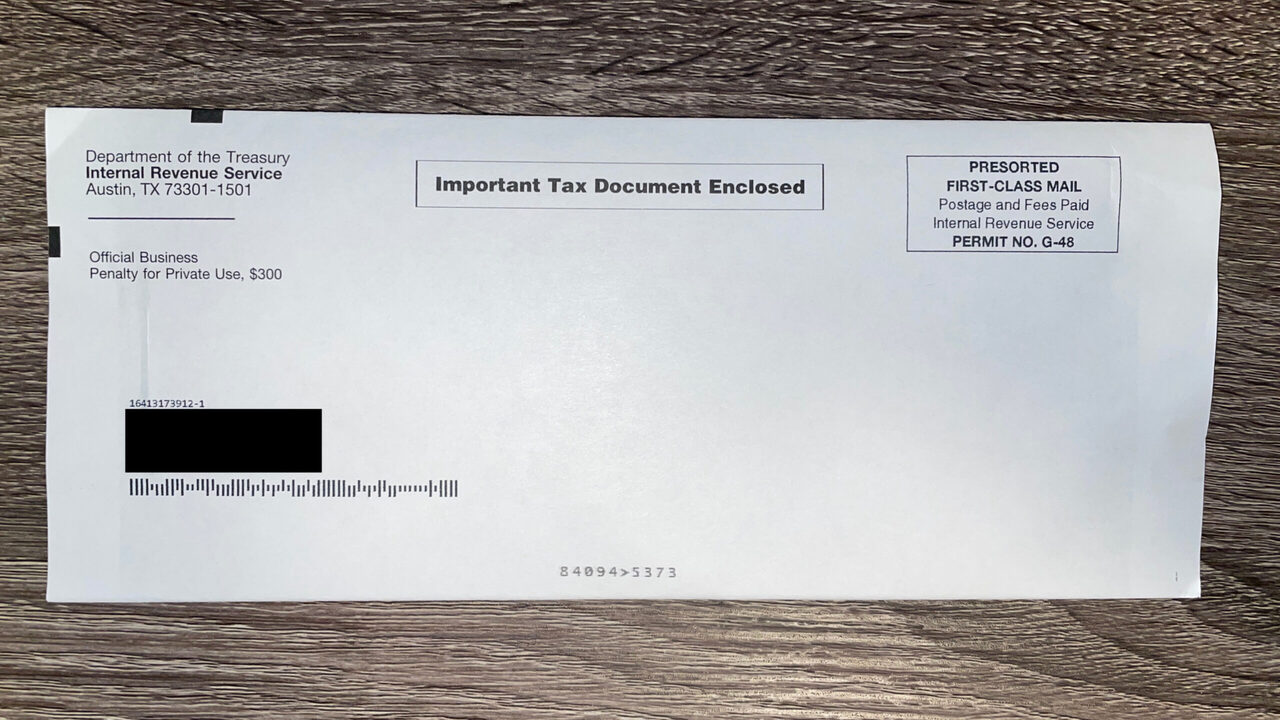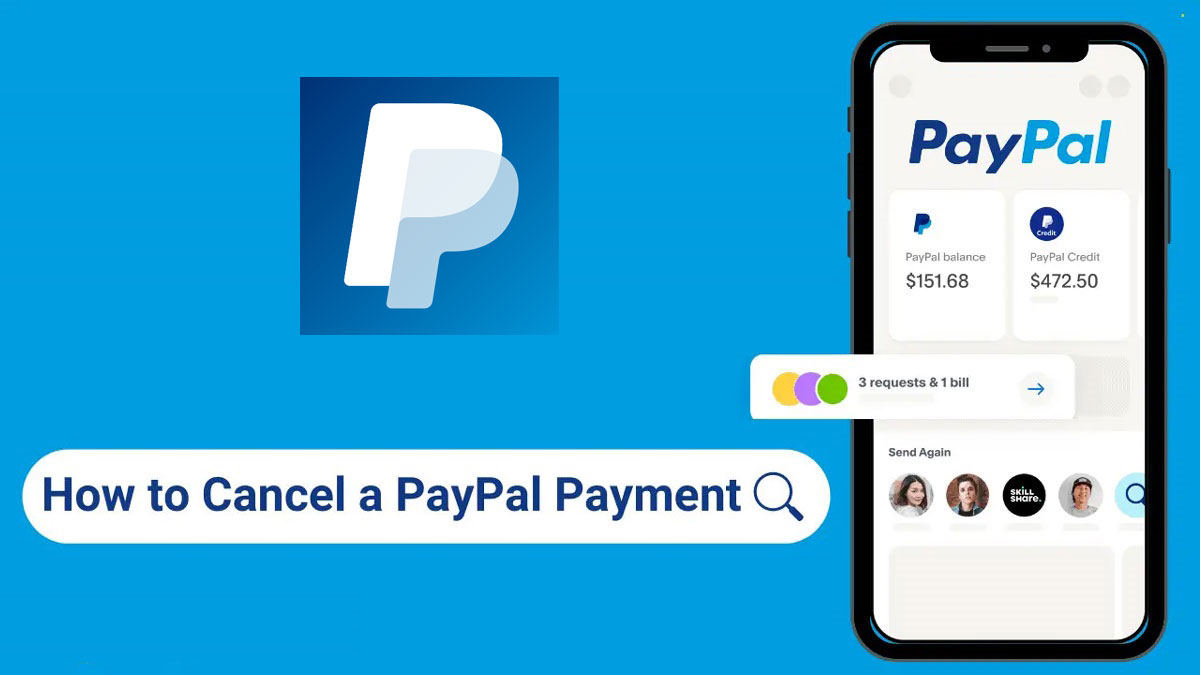

Finance
How To Close A Secured Credit Card
Modified: March 1, 2024
Learn how to close a secured credit card and manage your finances effectively with our step-by-step guide. Take control of your financial future now!
(Many of the links in this article redirect to a specific reviewed product. Your purchase of these products through affiliate links helps to generate commission for LiveWell, at no extra cost. Learn more)
Table of Contents
Introduction
Welcome to our comprehensive guide on how to close a secured credit card. Secured credit cards can be a useful financial tool for individuals who are trying to establish or rebuild their credit history. However, there may come a time when you no longer need or want to keep your secured credit card. In such cases, it is important to understand the proper steps and considerations involved in closing the card.
Secured credit cards require a cash deposit as collateral, which acts as your credit limit. They are often recommended for individuals with limited credit history or a low credit score. By responsibly using a secured credit card, you can demonstrate positive credit habits and improve your credit profile over time.
While secured credit cards can offer advantages, such as the opportunity to build credit and access to credit card benefits, there are situations when closing the card is the right decision. Whether you have successfully improved your credit and are ready to upgrade to an unsecured card or have decided to switch to a different financial institution, understanding the process of closing a secured credit card is crucial.
In this guide, we will walk you through the steps to close a secured credit card, discuss important factors to consider before closing, and explore alternative options that may be better suited to your financial goals. By arming yourself with the necessary information, you can make informed decisions and manage your credit effectively.
Understanding Secured Credit Cards
Before diving into the process of closing a secured credit card, it’s important to have a solid understanding of what secured credit cards are and how they work. Secured credit cards are a type of credit card that requires a cash deposit as collateral to secure the credit line. This deposit acts as a safety net for the credit card issuer, as it mitigates the risk of non-payment.
The credit limit of a secured credit card is typically equal to the amount of the deposit. For example, if you provide a $500 deposit, your credit limit will be $500. This collateral ensures that even if you miss a payment, the issuer can recover some or all of the outstanding balance using the deposit.
Secured credit cards function much like traditional credit cards. You can use them to make purchases, pay bills, and build a credit history. It’s important to note that secured credit card activity is reported to the credit bureaus, so responsible use can positively impact your credit score over time. Paying your balance in full and on time each month is crucial to show lenders that you are a reliable borrower.
One key difference between secured credit cards and unsecured credit cards is the approval process. Secured credit cards are often available to individuals with limited or poor credit history, as well as those who do not meet the criteria for regular credit cards. This makes secured credit cards a viable option for those looking to build or rebuild their credit. In contrast, unsecured credit cards do not require a deposit but typically have stricter qualifications.
It is important to choose a secured credit card that aligns with your financial goals and offers favorable terms. Look for cards with low annual fees, competitive interest rates, and the ability to graduate to an unsecured card after a certain period of responsible use. Research different options, compare fees and benefits, and choose a card that fits your needs.
Now that we have a basic understanding of secured credit cards, let’s explore the reasons why you may want to close a secured credit card.
Reasons for Closing a Secured Credit Card
While secured credit cards can be beneficial for building or rebuilding credit, there are various reasons why you may decide to close your secured credit card. Here are some common scenarios that may warrant closing your secured credit card:
- Upgrade to an Unsecured Card: One common reason for closing a secured credit card is when you have improved your credit score and are ready to upgrade to an unsecured credit card. Unsecured cards typically offer higher credit limits, more favorable terms, and a wider range of benefits. Closing your secured card and obtaining an unsecured card can be a step towards accessing better credit opportunities.
- Fees and Costs: Some secured credit cards come with high annual fees or other charges that may no longer be worth it for you. If the fees are eating into any potential benefits you may be receiving from the card, closing it can alleviate these financial burdens.
- Switching Financial Institutions: If you have decided to switch your banking relationship to a different financial institution, closing your secured credit card may be necessary. Consolidating your accounts into one institution can make managing your finances more convenient. However, it’s important to consider whether there are any advantages to keeping the secured card with your new financial institution.
- Upgrade to an Unsecured Card: One common reason for closing a secured credit card is when you have improved your credit score and are ready to upgrade to an unsecured credit card. Unsecured cards typically offer higher credit limits, more favorable terms, and a wider range of benefits. Closing your secured card and obtaining an unsecured card can be a step towards accessing better credit opportunities.
- Changing Financial Goals: Your financial goals may change over time, and the need for a secured credit card may diminish. For example, if you have successfully built a solid credit history and no longer require the assistance of a secured card, closing it could be a logical choice.
- Unsatisfactory Customer Service: Poor customer service can be a valid reason for closing a secured credit card. If you have had repeated difficulties in resolving issues or have experienced unsatisfactory interactions with the card issuer, you may decide to close the card and seek out a more responsive and supportive financial institution.
It’s important to carefully evaluate your specific circumstances when considering closing a secured credit card. While there are valid reasons for doing so, it’s also crucial to understand the potential implications and alternative options available to you. In the next section, we will outline the steps involved in closing a secured credit card.
Steps to Close a Secured Credit Card
When you have made the decision to close your secured credit card, it’s essential to follow the correct steps to ensure a smooth process. Here is a step-by-step guide on how to close a secured credit card:
- Contact the Issuer: Start by contacting the credit card issuer’s customer service department. You can find the contact information on the back of your credit card or on the issuer’s website. Inform them of your intention to close the secured credit card and request guidance on the necessary steps.
- Pay off the Balance: Before closing your secured credit card, make sure to pay off the remaining balance. Use any funds from your collateral deposit if needed. Verify the final amount owing with the issuer and arrange for payment if necessary. Keep a record of the transaction or request a confirmation of payment.
- Get Closure Confirmation: Once the balance is paid off, ask the issuer for a written confirmation that the account is closed. This documentation will serve as proof that you have closed the secured credit card and can be helpful in case any issues arise in the future.
- Return the Card: Cut up the physical credit card into small pieces to ensure it cannot be used again. Some issuers may also request that you return the card to them. Follow their instructions and return the card using a secure and trackable method.
- Monitor Your Credit Report: After closing your secured credit card, monitor your credit report to ensure that the account is marked as closed. Verify that your credit history and credit score are not negatively impacted by the closure. If you notice any discrepancies or errors, contact the credit card issuer immediately to rectify the situation.
- Dispose of Documentation: Safely dispose of any documents related to your closed secured credit card, such as statements or transaction records. Shred or securely discard any confidential information to protect your personal data from potential identity theft.
Following these steps will help ensure that your secured credit card is closed properly and that you have taken the necessary precautions to protect your financial information. However, before closing your secured credit card, it’s important to consider a few key factors which we will discuss in the next section.
Considerations Before Closing a Secured Credit Card
Before closing a secured credit card, there are a few important factors to consider. While closing a card may seem like a straightforward decision, it’s essential to evaluate the potential impact on your credit history, credit utilization, and overall financial picture. Here are some considerations to keep in mind:
- Impact on Credit History: Closing a secured credit card can have an impact on your credit history. The length of your credit history plays a role in determining your credit score, so if the secured card is one of your oldest credit accounts, closing it could shorten your credit history. However, if you have other well-established accounts, the impact may be minimal.
- Credit Utilization: When you close a secured credit card, your available credit decreases. This can affect your credit utilization ratio, which is the percentage of your total available credit that you are currently using. It is generally advisable to keep your credit utilization below 30% to maintain a good credit score. If closing the secured card will significantly impact your credit utilization, consider how it may affect your overall creditworthiness.
- Alternative Credit Card Options: Before closing your secured credit card, explore alternative options that may better suit your financial needs. Research other credit cards that offer preferable terms, such as lower fees, higher credit limits, or rewards programs. The goal is to find a card that aligns with your current financial situation and objectives.
- Graduation to an Unsecured Card: Some secured credit cards have the option to graduate to an unsecured card after a certain period of responsible use. If your secured card offers this opportunity, consider whether it would be more beneficial to upgrade to an unsecured card rather than closing the secured card.
- Impact on Credit Score: Closing a secured credit card can impact your credit score, although the extent of the impact will vary depending on your overall credit history and profile. If you have good credit and other active credit accounts, the impact may be minimal. However, if you have a limited credit history or rely heavily on the secured card for building credit, closing it may have a more significant effect. Consider whether the potential impact on your credit score is outweighed by your reasons for closing the card.
- Future Funding Needs: Think about any future funding needs you may have. Closing a secured credit card may limit your access to credit in the near term. If you anticipate needing additional credit soon, it may be wise to keep the secured card open until you secure alternative credit arrangements.
These considerations can help you make an informed decision about whether to close your secured credit card. Evaluating the potential impact on your credit, exploring alternative options, and considering your future financial needs will ensure that you take the appropriate steps to manage your credit effectively. In the next section, we will discuss alternative options to closing a secured credit card.
Alternatives to Closing a Secured Credit Card
While closing a secured credit card may be the right decision for some, there are alternative options that you may want to explore before taking that step. These alternatives can help you maintain a positive credit history and financial flexibility. Here are some alternatives to consider:
- Upgrade to an Unsecured Card: Instead of closing your secured credit card, you may be eligible to upgrade to an unsecured credit card offered by the same issuer. Upgrading allows you to maintain your credit history and potentially enjoy improved terms and benefits. Contact your card issuer to inquire about the possibility of upgrading your secured card.
- Keep the Card Open: If the secured credit card has no annual fee or if the benefits outweigh the costs, you may choose to keep it open, even if you don’t actively use it. Keeping the card open can help to boost your credit history and demonstrate responsible credit management. Just be sure to monitor the account for any fraudulent activity.
- Use the Card Responsibly: If it’s feasible, continue using the secured credit card responsibly to maintain a positive payment history and credit utilization ratio. Making small, regular purchases and promptly paying off the balance helps build a strong credit profile over time. Regularly review your account activity to ensure there are no unauthorized charges or errors.
- Secured Card with Another Issuer: If you are unhappy with your current secured credit card but still want to maintain a secured line of credit, consider opening a secured card with a different issuer. Research the options available to find a card that offers better terms, lower fees, or the potential for an unsecured card upgrade in the future.
- Explore Unsecured Credit Options: If your credit has improved significantly since opening the secured card, you may now qualify for an unsecured credit card from a different issuer. Explore options for unsecured credit cards that offer competitive terms, rewards programs, or other benefits that align with your financial goals. Be sure to compare offers and read the terms and conditions before applying.
- Seek Professional Advice: If you’re unsure about whether to close your secured credit card or what alternatives may be suitable for your situation, consider consulting with a financial advisor or credit counselor. These professionals can provide personalized guidance based on your unique circumstances and help you make an informed decision.
By exploring these alternatives, you can continue to responsibly manage your credit while considering your financial needs and goals. Remember to weigh the pros and cons of each option and choose the one that aligns best with your overall financial strategy. Finally, let’s summarize the key points discussed in this guide.
Conclusion
Closing a secured credit card is a decision that should be approached thoughtfully and with careful consideration of your financial goals and circumstances. While secured credit cards can be a valuable tool for establishing or rebuilding credit, there may come a time when closing the card is the right choice. By following the steps outlined in this guide, you can ensure a smooth closure process and protect your credit history.
Before making the decision to close a secured credit card, it’s important to evaluate alternative options. Upgrading to an unsecured card, keeping the card open, or exploring other secured credit card options can help you maintain a positive credit history and financial flexibility.
Consider the potential impact on your credit history, credit utilization, and overall financial situation. Keep in mind that closing a secured credit card may have implications for your credit score, especially if it is one of your oldest accounts or if it significantly impacts your credit utilization ratio.
If you choose to close your secured credit card, follow the steps outlined in this guide, including contacting the issuer, paying off the balance, and obtaining closure confirmation. Keep track of any documentation related to the closure for future reference.
Remember, if you are unsure about whether to close your secured credit card or what alternatives to consider, seeking professional advice from a financial advisor or credit counselor can provide valuable insights tailored to your specific circumstances.
Ultimately, understanding the process of closing a secured credit card and carefully weighing the reasons for closure against the potential impacts on your credit and financial situation will help you make an informed decision that aligns with your long-term financial goals.
